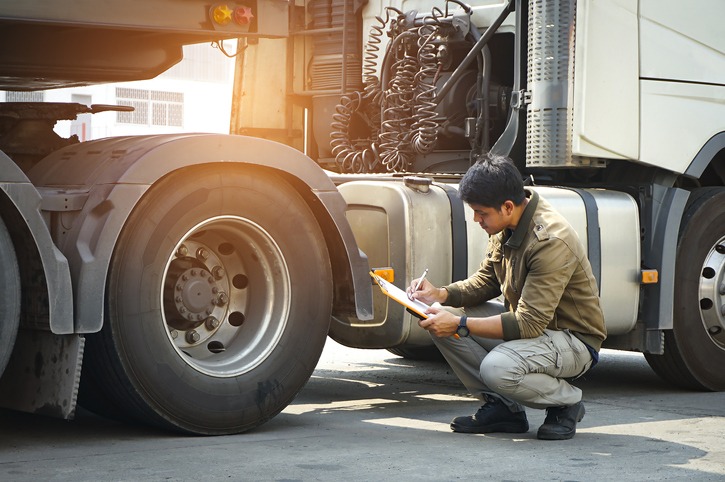Look inside your trailer to ensure everything is in order before you set out. You are sometimes at the calmest and most rational when you are in the midst of vacation preparations since you are working so hard (multitasking a million to-do lists) to ensure everything goes smoothly.
The information below is provided to assist you in keeping your focus. Don’t let anything stop you from taking care of your trailer parts before leaving. You’ll be glad you checked your RV before your trip, so put it on your to-do list and follow it. There are eight parts of the trailer that you should check out again.
1. Brakes and Bulbs
There is no guarantee that every trailer will have brakes that require inspection. Only inspect your brake system if you know what you’re doing. The safety of everyone in and around your RV depends on the condition of the brakes and bearings, so take extra care to keep them in good shape.
Also, it may be time to switch out some of the bulbs in the lighting fixtures. Establish a routine of regularly checking your lights. Because they’re rarely seen, new trailer owners often need to pay more attention to the lights. After hooking up your trailer, ensure that the brake lights, turn signals, and running lights are functioning properly to ensure your and other motorists’ safety.
2. Tires
The pressure in a tire is crucial, but leaving it unused for long periods, especially in the sun, can lead to problems, including flat spots, rubber deterioration, and stiffness, all of which can lead to an explosion. Check the condition of your tires, and if you’re unsure, have a qualified mechanic take a look. Regardless of tread wear, replacing tires every 5 years would be best.
3. Bearings
Your trailer’s wheel bearings keep the wheel on the hub and cause several problems. If you use your trailer frequently, you should inspect it more frequently than once a year. Checking for side-to-side wheel movement after jacking up the trailer is a useful indicator. Before hitting the road, make sure all jiggles have been addressed. A loose wheel can ruin a trip and create big claims.
4. Battery
A dead battery won’t start your vehicle. Or until the battery dies in the middle of nowhere, leaving you stranded or helpless. This situation is dangerous, especially if you’re traveling with little children or elderly parents at night or in terrible weather. Before you drive, check your battery’s charge, terminals, and cable-to-terminal connection.
Car batteries last 3-4 years. Even if you rarely drive, your car’s battery can die. Without maintenance, your battery will die over time. In this situation, a smart or trickle charger at home is recommended. When driving frequently, unplug the negative terminal first. Use gloves. Don’t simultaneously touch the terminals. If you’re not driving, remove the battery. If it’s nearly dead, replace it.
5. Electricals
Because it serves as your home away from home, the trailer becomes the primary power source for you and your family. Ensure that your solar panels produce energy and that your battery chargers are effective. When away from home, the last thing you want is a refrigerator full of spoiled food.
6. Doors and Locks
The vehicle’s rear doors must remain closed and safe at all times while in travel. Before departing on a journey, you should perform a pre-trip inspection of your trailers, looking for any signs of damage and ensuring that the locks work properly.
7. Safety Equipment
It would help if you supplied every truck with the necessary safety gear, consisting of emergency flares, emergency triangles, a first aid box, and a fire extinguisher, at the least.
8. Fluid Levels
Always check the fluid and cooling levels in your car before getting behind the wheel of a commercial truck. A failure of the system and an accident could result from insufficient amounts of fluids, such as braking fluid.
Conclusion
If you’re familiar with everything that needs to be checked before hitting the road, you can relax and enjoy the ride, ensuring that your car is in fine running condition. Whether taking a road trip with the family or just popping into the grocery store on your way home, this check is a must. Putting the safety of you and your passengers first should be your top focus.
The ability to carry a trailer is beneficial in various situations. Safe trailer driving is important. Pulling a trailer needs a safe trailer connection. Before hitting the road together, you must consider several important factors.

